Diminishing returns of Pakistan’s protests
The protests sweeping the world have reached Pakistan. The issues are similar, such as corruption and rising living costs, but there are significant differences between the Pakistani and global protests.
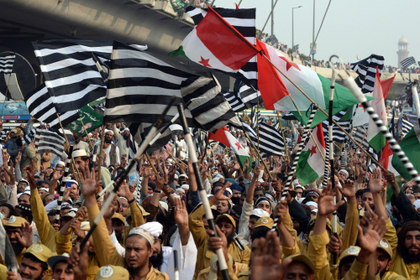 Courtesy: Shutterstock
Courtesy: Shutterstock
The protests sweeping the world have reached Pakistan. The issues are similar, such as corruption and rising living costs, but there are significant differences between the Pakistani and global protests.
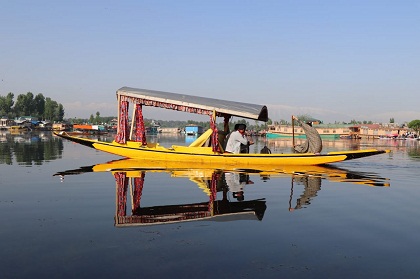 Courtesy: Sameer Patil
Courtesy: Sameer Patil
On a week-long October visit to Jammu and Kashmir, the author found both clarity and complexity among the citizens about their new status, and that the practicalities of daily life are more compelling than ideology
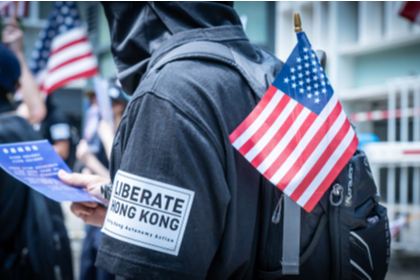 Courtesy: Shutterstock
Courtesy: Shutterstock
Partisan media coverage of the anti-government protests in Hong Kong points to a new Cold War between the United States and China. The author examines the divergent approaches of the Chinese and international media and the biases they betray
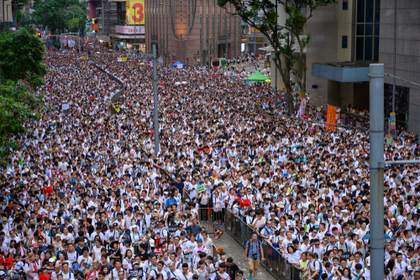 Courtesy: Shutterstock
Courtesy: Shutterstock
There has been a wave of civil protests across the globe since early 2019 which have taken governments by surprise by their sheer intensity and resilience. The common impelling factor has been discontent with government. Other factors for the current wave, beginning with the Arab Uprising in 2011, have been corruption and regressive constitutional changes. This infographic charts the arc of the outcry
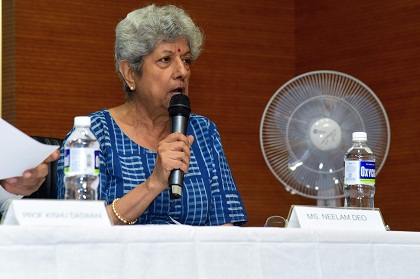 Courtesy: Government Law College, Mumbai
Courtesy: Government Law College, Mumbai
The world has changed – and so has India in the last 70 years since independence. Its foreign policy has evolved from non-alignment to multipolarity and to proactive participation in various multilateral organisations. Building on the work of its predecessors, the Modi government’s diplomacy articulates India’s interests more forthrightly and pursues them more energetically
 Courtesy: Asad Lalljee
Courtesy: Asad Lalljee
Lebanon has been the scene of some of the biggest mass protests through the month of October. They arose in response to cumulative economic crises due to low economic growth and the government’s controversial austerity measures. But can they also be seen as an awakening of Lebanese society to the need for a more equitable political and social discourse?
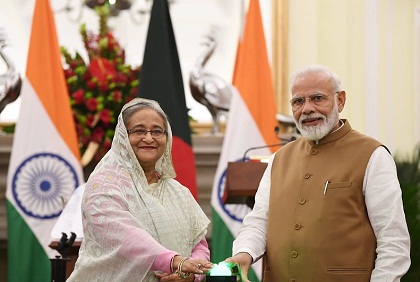 Courtesy: MEA/Flickr
Courtesy: MEA/Flickr
Bangladesh prime minister Sheikh Hasina’s visit to India earlier this month, resulting in seven new agreements, showed the strength of the mutual relationship. But both governments need to address some rankling issues: the sharing of the Teesta waters, the Rohingya problem and repatriation of the illegal people from Assam
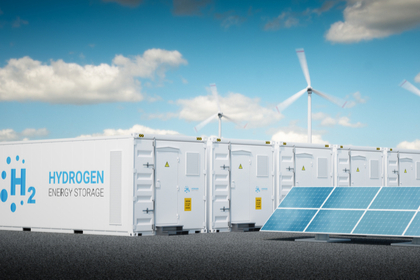 Courtesy: Shutterstock
Courtesy: Shutterstock
Decarbonising the transportation sector is an environmental priority globally, and hydrogen, the cleanest and most plentiful of fuels, is central to achieving this goal. If hydrogen mobility is actively pursued, India’s large reserves of gas hydrates and shale gas can be tapped for commercial use. Such a shift in choice of fuel will also ensure India’s energy security
The second informal summit between Prime Minister Modi and President Xi Jinping in Mamallapuram on October 11 is likely to be more a holding operation than an occasion for increasing convergence of perspectives on regional and global issues. Neelam Deo, Director of Gateway House, answers a few questions on the eve of the Chinese president’s visit
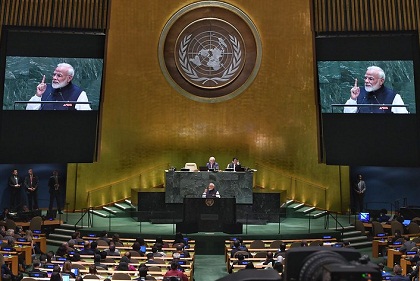 Courtesy: MEA/Flickr
Courtesy: MEA/Flickr
Prime Minister Modi’s tour of the U.S. last month was centred around the UN General Assembly’s 74th session and discussions on environmental challenges, but questions regarding the Indian government’s action in Kashmir persisted